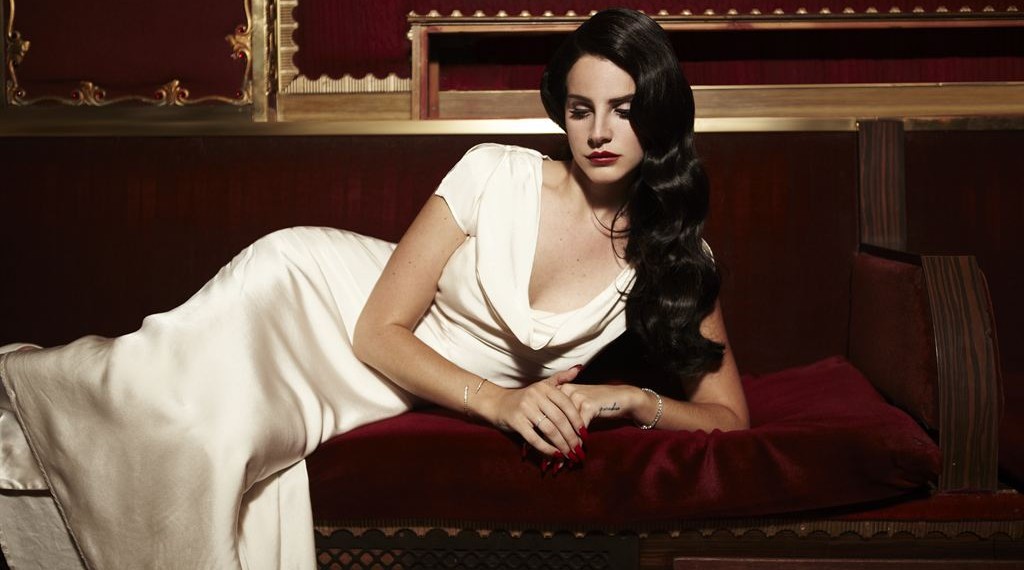Is copyright in the music industry extinguishing artistic expression?
The recent news of Rock ‘n’ Roll Hall of Famers, Radiohead, suing dream pop enchantress Lana Del Rey for the rights to her track ‘Get Free’ is just another pin-drop in the bloody business of copyright. This war over creativity can be dated back to the late 70s to early 80s, as the advancements in technology started allowing creators (most notably the artists of hip-hop and house) to sample others’ work. Concerns about originality and theft of art flooded the music industry, with musicians worried about being uncredited, and labels sniffing out a quick buck. Revisions were made to the U.S. Copyright Act as a result, meaning that non-written music could now be eligible for copyright lawsuits, so if a band had a tune that was similar to another, they were encouraged to swiftly seek a team of lawyers, as Thom Yorke and co. have done here.
However, in terms of the individual case itself, the details are still very hazy. Lana Del Rey came out the news earlier this week that claimed the Radiohead were preparing a lawsuit for 100% of all royalties from ‘Get Free’. Just two days later representatives from Radiohead’s publishers Warner/Chappell confirmed that they had been in discussions with Del Rey’s camp over the what should be done about this resemblance to ‘Creep’. So, it could be possible that the band members are not even involved in this altercation, it is just their legal team looking to pursue this action, although this is only reasonable speculation, as the investigation is ongoing.
To claim copyright at every corner strangles chances for creativity and collaboration between creators
This brings me on to where my humble opinion stands in the debate of copyright in music. I am not at all opposed to the notion of using another artists’ music, but it has to be ‘transformative’. What I mean by this term, is that the sample or interpolation must give a different spin on the original, transforming it into a new piece of art. It cannot be a copy and paste job with no alterations whatsoever. If the line is breached, and it is an evident copy, then copyright is a fair solution. However, copyright laws never account for this concept, which is wholly unfair and restrictive for artists who sample for creative purposes. More often than not, they benefit pop musicians who already have label money behind them, and prey on struggling independent artists. In the pop industry, which is often primarily profit-driven, copyright strikes can be utilised as another form of revenue, ignoring artistic sensibilities.
We are sitting on more music than we comprehend now, stored in the cyberworld of the Internet, all of which can be reused in fresh and interesting ways. To claim copyright at every corner strangles chances for creativity and collaboration between creators. It is an issue is that should be seen not in black and white, but in a foggy grey. Looking at every claim of copyright with nuance is crucial as we further nosedive into a musical landscape of inconceivable scale.

Comments